TEHRAN (Bazaar) –Nader Entessar, Professor Emeritus of Political Science from university of South Alabama says that This is an important development for Iran's foreign policy, especially with regard to the country's stated tilt toward Asia.
“What is even more crucial for Iran than its full formal membership in the Shanghai Cooperation Organization (SCO) is to become active in all facets of SCO's activities as soon as possible,” Entessar told Bazaar News Agency.
Following is the full text of the Bazaar interview with Professor Entessar:
Q: Iran officially became a permanent member of the Shanghai Cooperation Organization (SCO) as the 9th member. What is the importance of this membership in the transition world order?
A: This is an important development for Iran's foreign policy, especially with regard to the country's stated tilt toward Asia. What is even more crucial for Iran than its full formal membership in the Shanghai Cooperation Organization (SCO) is to become active in all facets of SCO's activities as soon as possible. Iran must have a clear and leading voice to take advantage of the opportunities available in this still-emerging organization.
Q: In your opinion, what are the benefits of Iran's permanent membership in this organization?
A: The SCO is the world's largest regional organization in terms of its population and geographic scope. It encompasses 40 percent of the world's population and 60 percent of Eurasia's landmass. Furthermore, it accounts for slightly over 22 percent of the global Gross Domestic Product (GDP), and its share of global GDP is growing fast. Given these realities, Iran can benefit economically if it plays its cards right and develop a dynamic and active foreign trade policy; a policy that eschews empty slogans and instead focuses on the realities of international economic and trade relations and sound and competent market analysis in Eurasia.
Q: As the main axes of the SCO, India, China, and Russia welcomed the permanent membership of Iran. What is your assessment of this issue?
A: It is nice to have finally become a full member of the SCO and be complemented by its major players. But, as I stated in my answers to the previous questions, Iran must now take a major step in expanding its economic horizons in order to take advantage of the newest window of opportunity. Timing and dynamism are both very crucial.
Q: This organization is evaluated as an institution in South-South relations. Can this organization lead global South-South cooperation?
A: The idea of South-South relations has been talked about since the formation of the Group of 77 at the United Nations in June 1964. Unfortunately, the expansion of South-South relations has been relatively slow and has not matched the original lofty goals of the group of 77. Fortunately, the world has changed since the 1960s, and international relations, especially international economic relations, are no longer completely hostage to the whims of the West. Consequently, in due time, organizations like the SCO can indeed play a leading role in expanding South-South cooperation in a meaningful way.
Q: What is the position of the SCO in the future world order?
A: Given the complex mix of its members' foreign policy priorities, the SCO has not yet developed a concrete plan regarding the specific contours of the future world order beyond hoping to hasten the solidification of a multipolar world. We have to remember that the SCO is still a young organization that is still trying to tackle a host of sometimes conflicting issues. For example, India seems to prefer maintaining and expanding its relations with the West, especially with the United States. Therefore, there are limits to what a leading SCO member state like India can do in challenging the Western political world order of today while maintaining one foot in the Western bloc and one foot in the Eastern camp.






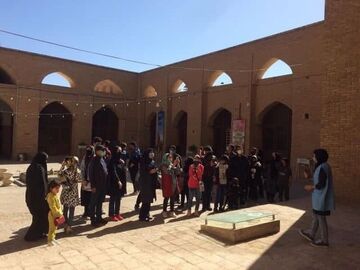
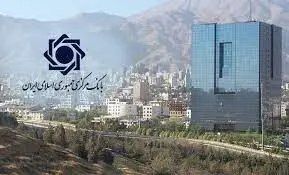

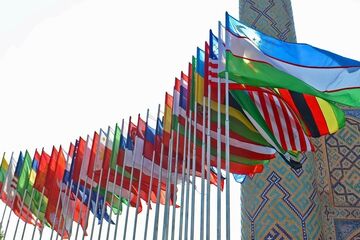



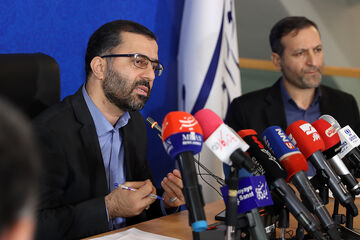
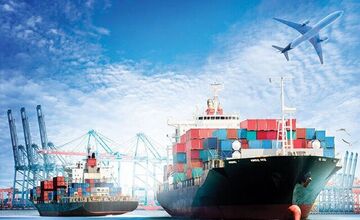
نظر شما